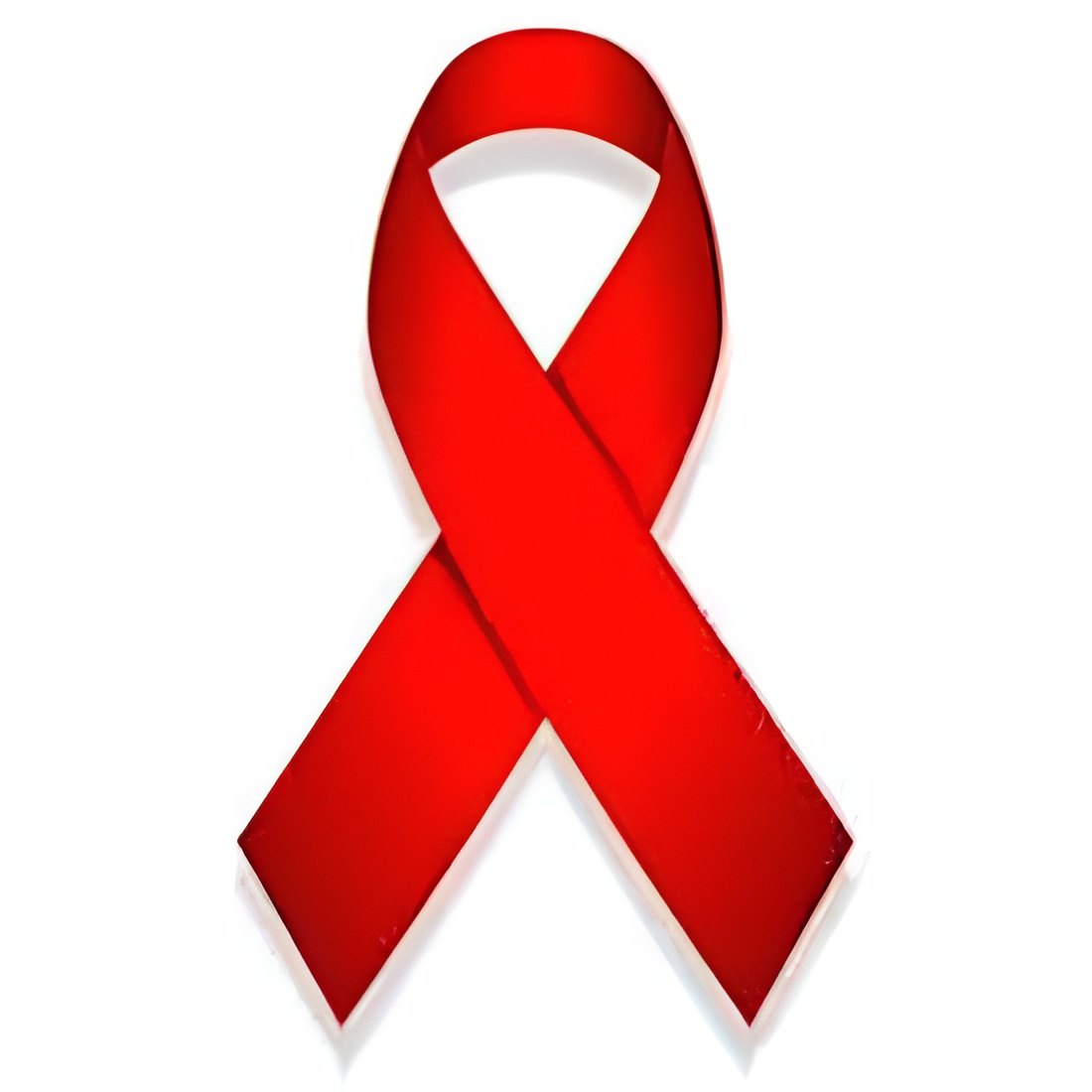The Red Ribbon Club (RRC) of Jairams Arts and Science College, Karur is a dynamic student-led initiative that aims to create awareness about HIV/AIDS, promote healthy lifestyles, and instill a sense of social responsibility among the youth. Established under the guidelines of the National AIDS Control Organization (NACO) and the State AIDS Control Societies, our club serves as a vital platform for students to spread awareness and contribute meaningfully to society.
The club's core objectives include educating peers about HIV prevention, combating stigma and discrimination, encouraging voluntary blood donation, and promoting the values of compassion and care. Through interactive workshops, rallies, awareness camps, poster exhibitions, peer education, and community outreach activities, the RRC empowers students to become responsible leaders and change-makers.
At our college, the Red Ribbon Club is not just an awareness program — it is a movement driven by youth energy, teamwork, and the spirit of service. By joining the RRC, students gain valuable skills in leadership, communication, and community engagement, while making a positive impact on public health and well-being.
The red ribbon is a symbol for drunk driving prevention, drug prevention and for the fight against HIV/AIDS. Red Ribbon International is an organization founded in 1993 whose main purpose is the education about prevention of the Human Immunodeficiency Virus or HIV, Acquired Immune Deficiency Syndrome Related Complex, ARC and AIDS.
If you come across any narcotics sale, you are advised to contact the toll-free number 10581


M.KAVIN KUMAR
RRC CLUB CO-ORDINATORVision
HIV/AIDS-free India The overarching goal is to eliminate HIV/AIDS in India by raising awareness, promoting prevention, and ensuring access to care and support. Empowered Youth: The RRC aims to provide young people with the knowledge and skills they need to make informed decisions about their health and well-being.
Mission
Education and Awareness: The club focuses on educating students and young people about HIV/AIDS, its transmission, prevention, and treatment options.
Peer Education and Change: The RRC aims to train young people to become peer educators, empowering them to share information with their peers and promote responsible behavior.
Healthy Lifestyles: The RRC promotes healthy lifestyles, including safe sexual practices, responsible substance use, and regular blood donation.
Access to Healthcare: The club works to increase youth's access to healthcare services related to HIV/AIDS, STIs, and drug use, as well as creating links with relevant organizations.
Reduced Stigma and Discrimination: The RRC seeks to reduce stigma and discrimination associated with HIV/AIDS, creating a more supportive and inclusive environment for individuals living with the virus.
Core Objectives
The purpose of Red Ribbon Club formation in colleges is to encourage peer-to- Peer messaging on HIV prevention and to provide a safe space for young people to seek clarifications of their doubts and on myths surrounding HIV/AIDS. The RRCs also promote voluntary blood donation among youth and safe sexual behaviours. The Red Ribbon Clubs also aim to enable the targeted youth to become more conscious and conscience about HIV/AIDS and related issues to further act as change agents, in HIV/AIDS programme.
To reduce new HIV infection among youth by raising their risk perception through awareness on Sex, Sexuality and HIV &AIDS. To induce among youth the spirit to help and support people living with HIV/AIDS (PLWHA) there by reducing stigma and discrimination against PLHWAs. To motivate youth and build their capacity as peer educators and change agents by developing their skills on leadership, negotiation, and teambuilding. To promote voluntary non-remunerated blood donation among youth.
Core Activities
✅ 1. HIV/AIDS Awareness Programs
- Organizing seminars, workshops, and guest lectures by medical professionals and NGOs.
- Conducting street plays, rallies, poster presentations, and competitions to spread awareness.
✅ 2. Blood Donation Camps
- Coordinating voluntary blood donation drives in collaboration with nearby blood banks and hospitals.
- Maintaining a database of voluntary donors.
✅ 3. Peer Education & Life Skills Training
- Training student volunteers as peer educators to reach out to fellow students.
- Conducting sessions on life skills, stress management, and substance abuse prevention.
✅ 4. Health Camps & Counseling Services
- Arranging general health check-ups, STI screenings, and counseling for students.
- Promoting healthy lifestyle practices.
✅ 5. Observing Important Days
- World AIDS Day (Dec 1) – rallies, awareness talks, competitions.
- National Youth Day, National Blood Donation Day, etc.
✅ 6. Community Outreach
- Extending awareness activities to nearby schools, villages, and community centers.
- Engaging students in outreach to marginalized groups.
✅ 7. Collaboration with Agencies
- Working with District AIDS Prevention and Control Units (DAPCU), NGOs, and healthcare institutions for resources and technical support.
✅ 8. Promoting Voluntarism
- Encouraging students to take up voluntary service for social causes related to health and welfare.
- Recognizing and rewarding active volunteers.